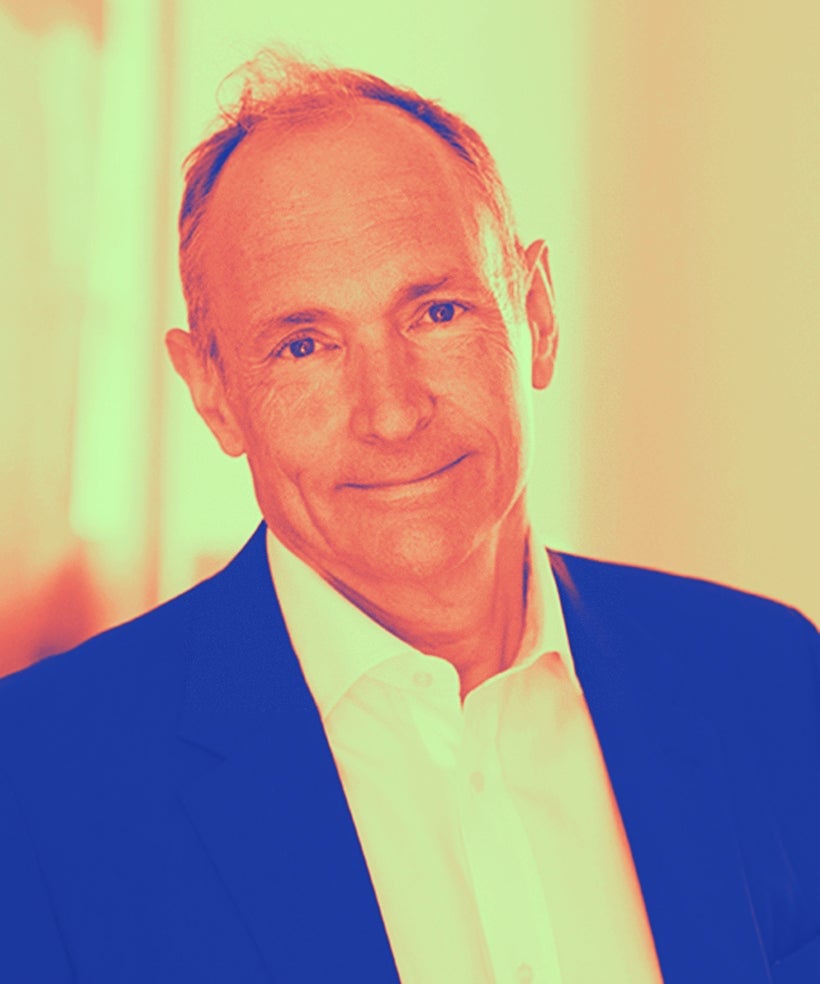Tim Berners-Lee thinks the world can be better after Covid-19
It took a global pandemic and stay-at-home orders for 1.5 billion people worldwide, but something is finally occurring to us: The future we thought we expected may not be the one we get.


It took a global pandemic and stay-at-home orders for 1.5 billion people worldwide, but something is finally occurring to us: The future we thought we expected may not be the one we get.
We know that things will change; how they’ll change is a mystery. To envision a future altered by coronavirus, Quartz asked dozens of experts for their best predictions on how the world will be different in five years.
Below is an answer from Tim Berners-Lee, the inventor of the World Wide Web, director of the World Wide Web Consortium, and CTO of Inrupt. He wrote it from the perspective of 2025 looking back to 2020.
It’s 2025 and now the world is working again. You want me to compare my life now with 2020? Well, 2020 was ghastly in so many ways. The pandemic was awful, and the way the world worked was so dysfunctional.
Today it’s quite different. I feel that I am part of functional communities and societies at different levels, and I feel that within those groups, I am part of the solutions we are finding to the problems. I have sources of news and information that I trust, and I play a part in making them trustworthy. Importantly, I feel that most other people in the world, while they have different priorities and different ideas of how the economy should run, are working off the same facts, the same science.
Thinking about my life—be it day-to-day family life, my work, my music, my play, my volunteering with organizations—it’s all, in fact, data. It is data I control. It all connects together. What I love now is how everything is online as data: I feel powerful. I can see things from all of my life together. I can share anything with anyone. People share all kinds of things with me. When I decide what to do on Friday, I see in my calendar all the things happening in each of the segments of my life all brought together. How else would I function? When I wonder about doing something, I see its cost in dollars, in time, and in carbon, whether it is at home or at work, and I feel I can make decisions with a sort of integrity I didn’t have in 2020.
I’m proud of the world managing to make communal decisions after the crisis of 2020. I’m proud we stopped using paper. I’m proud of the oil we left in the ground. I’m proud of the privacy we have given back to people who opened up their health, medical, and genetic data in the pandemics of 2020 and 2022. I’m happy that people are in control of that data and were in a position to offer it up. I am proud of the people I know who worked to make all the apps I use talk the same language. We take it for granted now that you and I can use entirely different apps or tools for looking, sharing, and managing data—no matter whether that’s for photos, banking info, or other projects. It wasn’t always like that!
We call that interoperability or interop. I teach my kids about interop. The interop movement was born out of a project from MIT called Solid, a company called Inrupt, and an open-source community. Together, they set about updating the web of 2020 by flipping the rules of who gets value from data. It was a lot of hard work to get here.
My digital life is my world; it is my identity. I use all kinds of devices to live my digital life, of course. I think of them as different windows into the same world. But it’s not about the devices. It’s not about the apps. It’s the huge benefit of linking all the data—not just my data, but also the data shared with me, connected device data, and all the publicly available data—all in one world. That’s the essence of my life and the main change for me since 2020, I think. Since you asked.
To read more New Normal answers, click here.